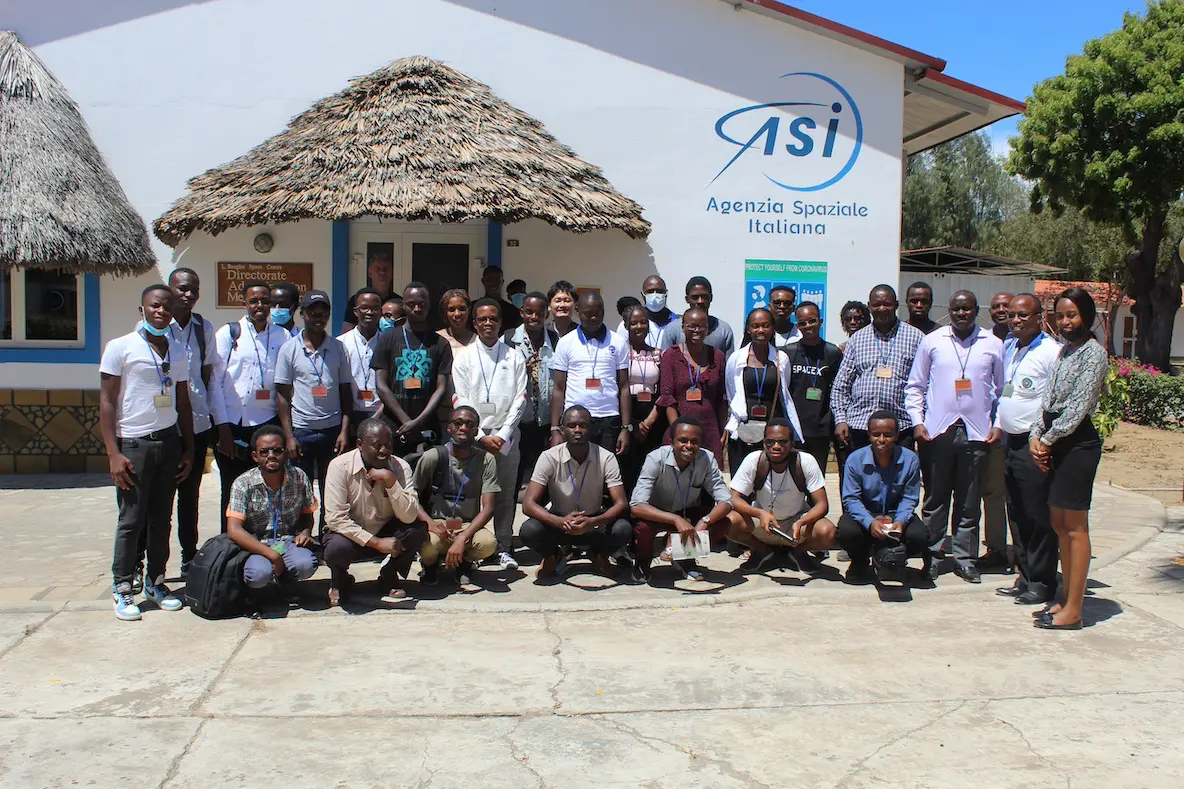
Who we are
Nakuja is a team of students from Jomo Kenyatta University of Agriculture and Technology (JKUAT) and Pan African University Institute for Basic Sciences Technology and Innovation (PAUSTI). We are focused on learning as we design, build and launch a rocket into the earths orbit.
Our Goal
The project begun in June 2019 with the initial goal to design a rocket using a liquid propellant, which remains our primary goal. However, we are designing for our test launch in September 2020 using a solid motor rocket as we work on our liquid propellant rocket engine. The final launch of the project is ecpected to be in 2023 with the liquid propellant engine.
All our code and work proceedings are opensource and available on version control software, GitHub. Since the project is student centred, we strive to ensure all our work is low cost and we utilise all resources available in the school.
History
Nakuja project is a student based technological project, with the aim of building and taking a liquid fuel rocket to space. The project begun in June 2019, where it was divided into two; Control group (headed by Willy) and Mechanical group (headed by Dr. Shohei Aoki). Also, Dr. Shohei Aoki is the project leader and coordinator.
At the beginning of the year 2020, Dr. Shohei Aoki went to the Portrand State University to benchmark on what they are doing in the field of rocketry and upon coming back, the whole team was restructured into four teams; Propulsion, Avionics, Telemetry and Airframe.
The Airframe team is tasked with making the body of the rocket and designing its aerodynamic structures. Avionics deals with the flight controller, Telemetry deals with the communication between the rocket and the ground station while Porpulsion focuses on the rocket engine. Avionics is headed by Willy Stephen Tounsi from PAUSTI, Telemetry by Smith Jilks from JKUAT, Propulsion by Washington Kamadi from JKUAT and Airframe by Destine from PAUSTI.
The project started to host the internship in January 2021. There were six interns in 2021, 23 interns in 2022, and 41 interns in 2023. The interns are split into four groups (Airframe, Recovery, Solid Propulsion, and Liquid Propulsion) and work to achieve the specific objectives. There have also been many JKUAT students working on our rocket's research and development as their final year project. More than 100 students have already been involved in the project since the beginning.